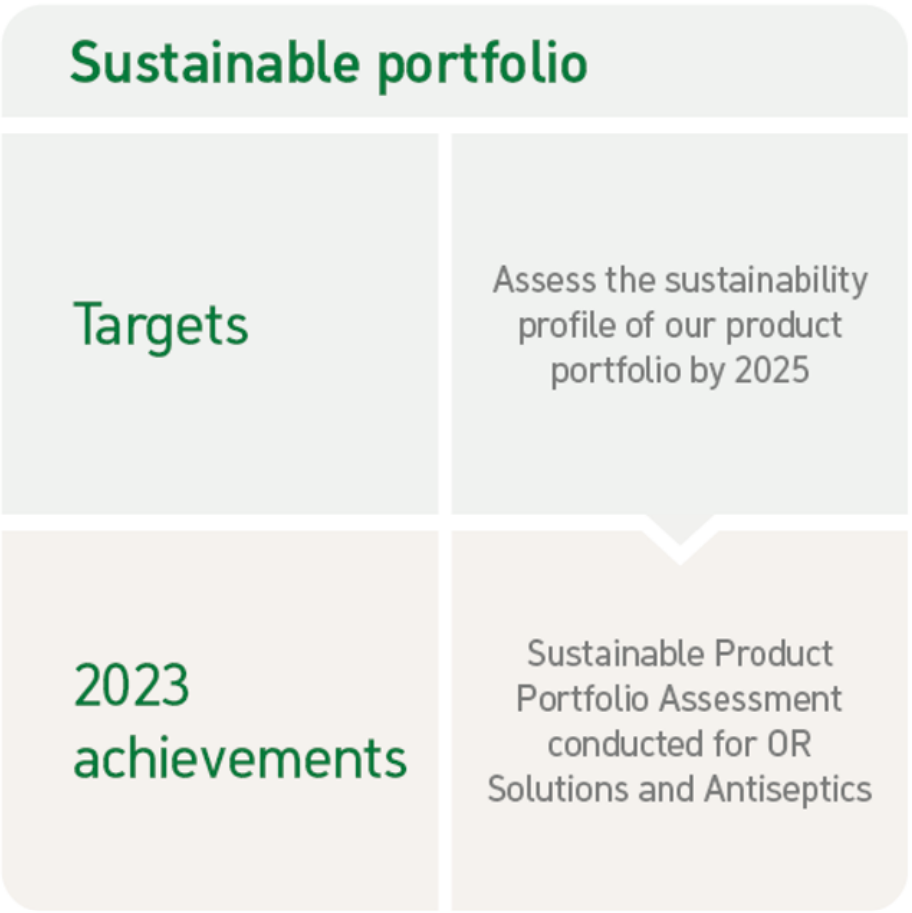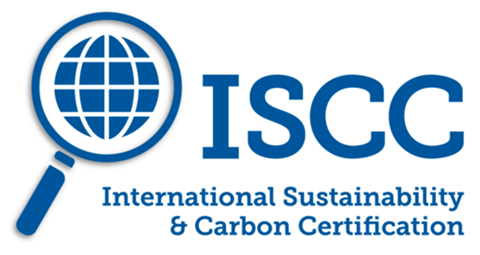hidden1hidden2
hidden1hidden2
Acknowledging the environmental impact that delivering healthcare services has on the planet, we are on a mission to help healthcare systems minimize that impact. We fully support the objectives of the UN’s Paris Agreement on climate change and our commitment is to reach Net Zero by 2050 at the latest, decoupling material use from our growth while developing a culture of care for material value.
Acknowledging the environmental impact that delivering healthcare services has on the planet, we are on a mission to help healthcare systems minimize that impact. We fully support the objectives of the UN’s Paris Agreement on climate change and our commitment is to reach Net Zero by 2050 at the latest, decoupling material use from our growth while developing a culture of care for material value.
hidden1hidden2
We transform our business to decouple it from resource constraints. We constantly innovate with the aim to offer our customers the most sustainable solutions while not compromising on safety and quality of our products.
hidden1hidden2

Our journey to Net Zero by 2050
Greenhouse gas (GHG) emisiions and renewable electricity
hidden1hidden2

Our Science Based Commitment
We’ve formalized our climate change mitigation efforts by publicly committing to the Science Based Targets Initiative (SBTi), and securing their validation of our near-term climate targets, detailed below:

hidden1hidden2
Our SBTi validated targets
Scope 1 & 2 GHG emissions
Reduce absolute Scope 1 and 2 GHG emissions 50% by 2030 from a 2021 base year.
Renewable electricity
Increasing active annual sourcing of renewable electricity from 23% in 2021 to 100% by 2024 and continuing active annual sourcing of 100% renewable electricity through 2030.
Scope 3 GHG emissions
Reducing absolute Scope 3 GHG emissions from purchased goods and services (cat. 1), fuel and energy related activity (cat. 3), upstream transportation and distribution (cat. 4) and waste generated in operations (cat. 5) by 20% by 2028 from a 2021 base year.
Supplier engagement
Having 63% of our suppliers by emissions covering purchased goods and services (cat. 1) capital goods (cat. 2), and upstream transportaion and distribution (cat. 4) committed to the Science Based Targets initiative by 2028.
hidden1hidden2
To decouple increased material use from growth, we begin by optimising raw material use and minimizing production waste.
Resource efficiency and circularity
To decouple increased material use from growth, we begin by optimising raw material use and minimizing production waste.
We examine every stage of our product’s life cycle to find opportunities to apply the circularity principles: recycling materials, extending product lifespan, lightweighting and seeking renewable alternatives to fossil-based materials.
hidden1hidden2
 Resource Efficiency and circularity
Resource Efficiency and circularity
hidden1hidden2
Sustainable Portfolios
hidden1hidden2


We envision a future where people enjoy optimal health and wellbeing, where health systems operate in an efficient and responsible manner, at minimal cost to the environment, and a positive impact on society at large.
To achieve this vision of sustainable healthcare, a holistic approach is required that considers the environmental, social, and economic aspects of care delivery. This vision is the driver behind rigorous assessment of our product portfolio with respect to these crucial aspects, and our continual efforts to improve without compromising the safety and quality of our products.
hidden1hidden2
We constantly innovate with the aim to offer our customers the most sustainable solutions while not compromising on safety and quality of our products.
hidden1hidden2
Life cycle perspective is an important basis for Mölnlycke’s sustainability improvement work. It ensures we take account of the full impact of a product or service, from raw materials to a finished product, during use and at the end of life.
30% |
of Mölnlycke products (by net sales) assessed through Life Cycle Assessment |
hidden1hidden2
Helping customers reduce waste
Studies show that switching from single-packed medical supplies to our customizable Mölnlycke® ProcedurePak trays can reduce packing waste with up to 90 %, while saving valuable time in preparation.
hidden1hidden2

As part of our commitment to use materials efficiently and support the principles of circularity, Mölnlycke is proud to be expanding the portfolio of solutions with renewable materials certified with International Sustainability and Carbon Certification system (ISCC).

Renewable alternatives to fossil-based materials
As part of our commitment to use materials efficiently and support the principles of circularity, Mölnlycke is proud to be expanding the portfolio of solutions with renewable materials certified with International Sustainability and Carbon Certification system (ISCC).
Several Mölnlycke life cycle assessments show that replacing fossil-derived plastic with ISCC certified bio-based material can
result in a product with lower GHG emissions.
hidden1hidden2
1. Van Overschelde P, et al. Undisturbed wound healing: a single centre retrospective study investigating patient reported outcomes and clinical validity of extended dressing wear time for incisional healing following orthopaedic surgery. The ARCTIS study. Journal of Wound Care, 2024.
hidden1hidden2
hidden1hidden2





